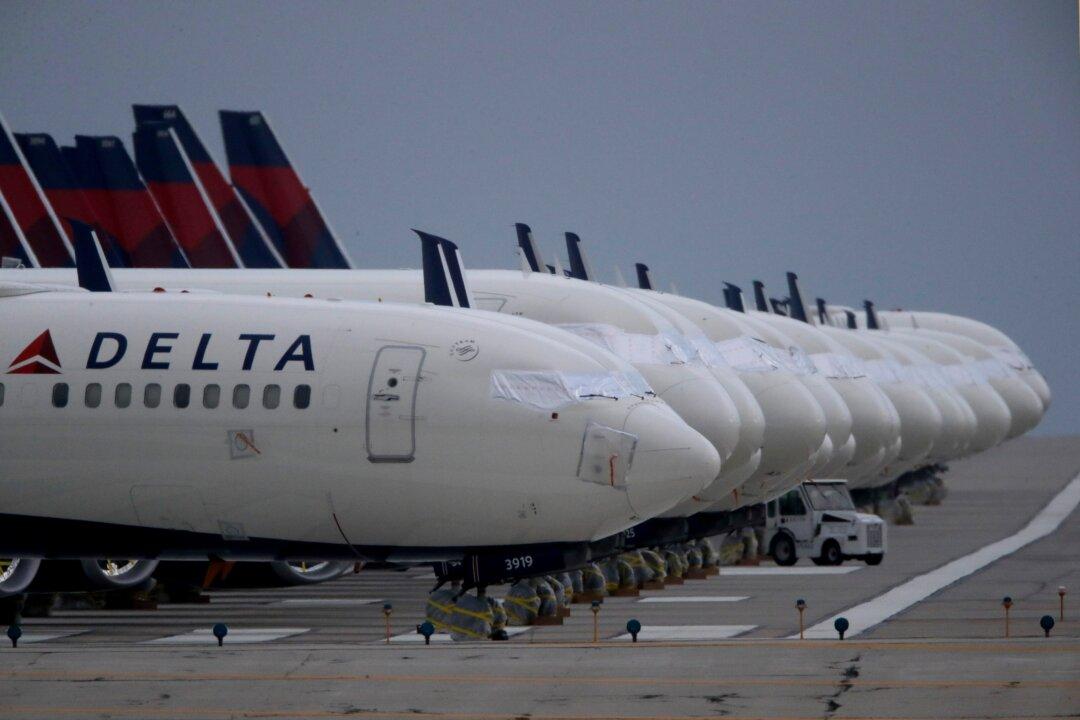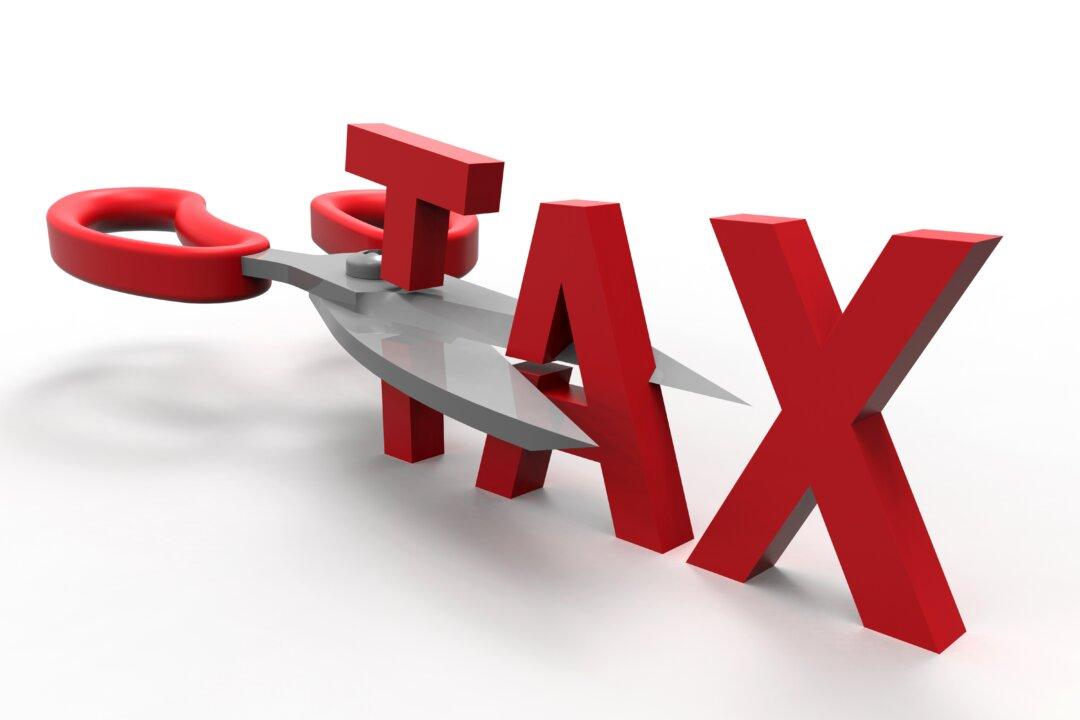The summer travel season was even worse than expected for Delta Air Lines, which lost $5.38 billion in the third quarter as people hunkered down at home during the pandemic.
Most of the loss stemmed from the cost of paying people to quit and writing down the value of assets including planes destined for resale or the scrap yard. The rest was linked to a 76 percent plunge in revenue.





